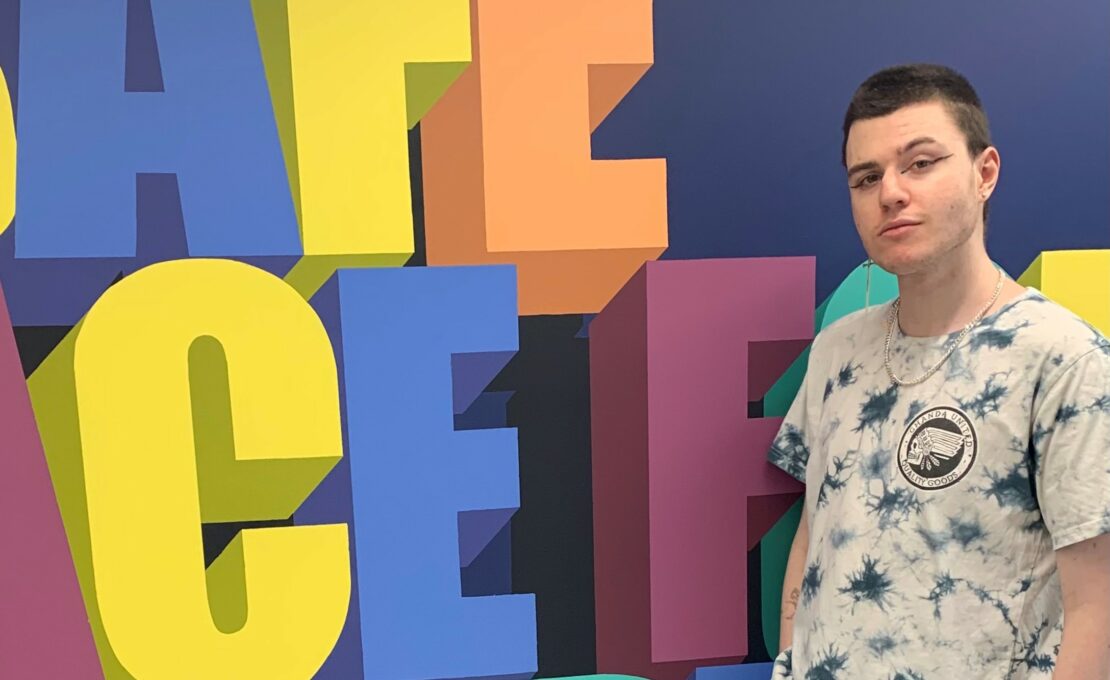Communication during the corona crisis in Croatia or how to avoid a corona party
October 6th, 2023
As much as communication in Croatian politics and the public sector can be a painful experience in normal times, the current corona crisis is a textbook example of positive communication. Regular information sharing, transparent communication and calls for collective responsibility are the features of communication by the National Civil Protection Headquarters. At their press conferences, two individuals in particular are at the forefront of this effort – one is the new Minister of Health, Vili Beroš, and the other is Alemka Markotić, Director of the Infectious Diseases Clinic “Dr. Fran Mihaljevic “.
In favour of Beroš is the fact that he began his ministerial position shortly before the corona crisis, and entered the “game” with clean image, without affairs. Beroš is a well-respected physician with a long career, who is familiar with the system since he has been working at the Ministry of Health since 2018 as an assistant minister so that he is aware of the internal shortcomings and mechanisms.
No threats and intimidation
Possessing the necessary expertise and a determination to lead in the crisis, Beroš demonstrates accessibility and a readiness to act. Whenever a surge or incident occurs in any of the cities – from the entry of the virus into a hospital in Osijek or into a nursing home in Split – Beros immediately goes to the spot to show that it is important to him what is happening “on the ground” and to provide support and encouragement to medical staff and citizens.
Alemka Markotić’s trump card – along with extensive expertise in epidemiology – is composure and a proven commitment, as evidenced by her experience as doctor in war stricken Sarajevo from 1992 – 1994. Well composed and self-effacing, Markotić does not resort to threats and intimidation to convince citizens of the necessity to adhere to the guidelines and measures prescribed by headquarters, but convinces them with data, examples – and above all, with an aura of expertise that “radiates” the message that she knows what she is saying and doing.
That is why her message “If we want a corona party, we will have it!” provoked by the irresponsible behaviour of citizens who organized social gatherings on the terraces of cafes shortly after the decision to impose a HoReCa lockdown. But even that warning message reflects her way of communication and approach – because in this reaction, Markotić thinks and says “we”, not “you”.
In experts we trust
The team of the National Civil Protection Headquarters for the fight against coronaviruses, which appears daily in front of TV cameras is led by Davor Božinović, Deputy Prime Minister and Minister of the Interior, with the support of Krunoslav Capak, Director of the Croatian Institute of Public Health. With the establishment of the headquarters in February, Prime Minister Andrej Plenković has wisely stepped away from operational communication about the corona situation, which is left entirely to experts, while he or the head of his office make public appearances only occasionally.
Since it was established, the headquarters has made, in a very short period of time, a number of timely but very restrictive decisions to close schools, close HoReCa, abolish public transportation… which at the time had not yet been introduced in other countries. Because the decisions were made by experts and explained in a transparent way, they were generally well received by the citizens, without fear that in this way totalitarianism would ushered in through the back door, an important consideration in a post-Communist society. This is likely an indication that people are more inclined to trust experts than politicians.
The “Croatian model” of communication
The decisions and communication of the headquarters have brought a positive shift in public perception for the Government too. According to an April poll by Cro Demoscop, Vili Beroš is at the top of the list of most positive politicians, followed by Prime Minister Andrej Plenković. A huge shift occurred in the perception of the direction in which the country is going – in March, only 25% of respondents considered that the country is moving in the right direction, while in April this number more than doubled to 51%.
Certainly, the model of communication based on transparency, regular information and empathy has proven to be the right model. Rare communication errors and few omissions, such as the recent misinformation about a deceased patient’s medical condition, cannot impair the general assessment that co-responsibility and joint action are always woven into the messages by headquarters.
The key message in almost every public appearance is that the development of the situation depends on all of us – because if there is no cooperation by citizens, even the most stringent measures cannot produce results. It is therefore no surprise that – in the words of Croatian scientist Igor Rudan working at the University of Edinburgh – several international organizations, including the World Bank, have taken an interest in the “Croatian model” of communication with the public during the corona crisis.

